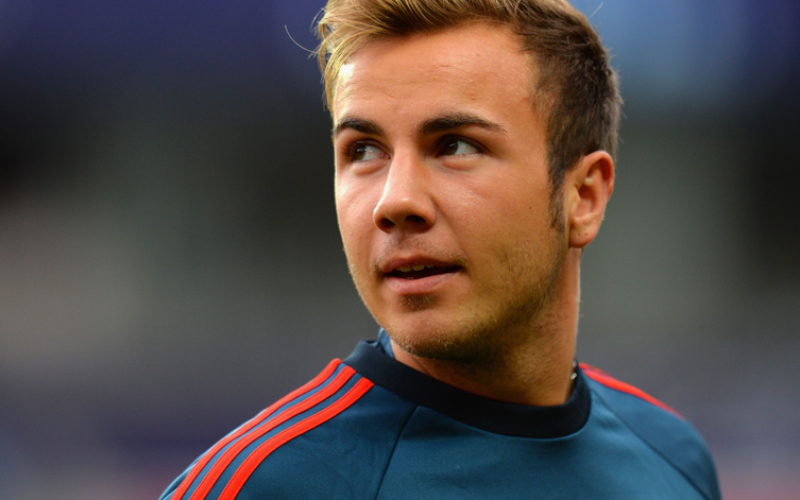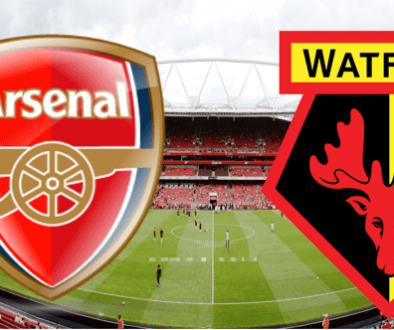Mario Götze is now fighting to save his career
To meet André Schürrle’s cross in extra time, Mario Götze had sprinted to the top-right corner of the six-yard box. As he cushioned the ball mid-jump with his chest, the attacking midfielder had his back to Sergio Romero in the Argentina goal and momentum threatened to push him over the goalline.
“Show you are better than Messi,” is what Joachim Löw claimed to have told Götze on the touchline and the mercurial Argentinian aside it is hard to imagine another player on the pitch that night carrying off such a jaw‑dropping piece of balletic artistry.
Yet when the world champions walk on to the pitch to play England at Dortmund’s Westfalenstadion on Wednesday, the player responsible for the fourth star on their shirts, as well as some of the home crowd’s fondest memories of the past five years, will be absent.The news added a further melancholy twist to the career of a player who, oddly, has scored the winner in a World Cup final yet still looks like he has not fulfilled his potential.At the end of last month Borussia Dortmund announced that Götze had been diagnosed with a rare metabolic illness, identified in media reports as myopathy, a muscle disorder which can cause fatigue and weight gain. Last week, the club confirmed he would be out for at least the rest of the season.
His first goal for Germany, the second in a 3-2 friendly win against Brazil, already contained the thrilling attributes that the world would witness inside the Maracanã: a pinball-wizard dribble followed by a tight-angle finish that would have left other strikers careering into the advertising boards.
German pundits and managers were bewitched: Löw called him a “wunderkind”, Matthias Sammer said Götze was “one of the greatest talents we have ever had” and Felix Magath memorably described him as a “once in a century talent”. When Bayern Munich triggered Dortmund’s €37m release clause in 2013, Franz Beckenbauer said Götze was “Germany’s best attacking player”.
In the years that followed, that hyperbole proved to be a burden rather than a spur. Even during his three seasons with the Bavarian giants when Götze played and scored regularly, there was a lingering disappointment he had turned out to be only a good team player, not an all‑conquering one‑man army like Messi.
A similar pattern emerged at last year’s European Championship in France, where Götze started in all three group matches but none of the knockout games. Increasingly, those thrusting high-speed dribbles that had been his trademark turned into pirouettes ending nowhere. During the opening match against Ukraine, the former child prodigy went 18 minutes and 26 seconds without touching the ball.



